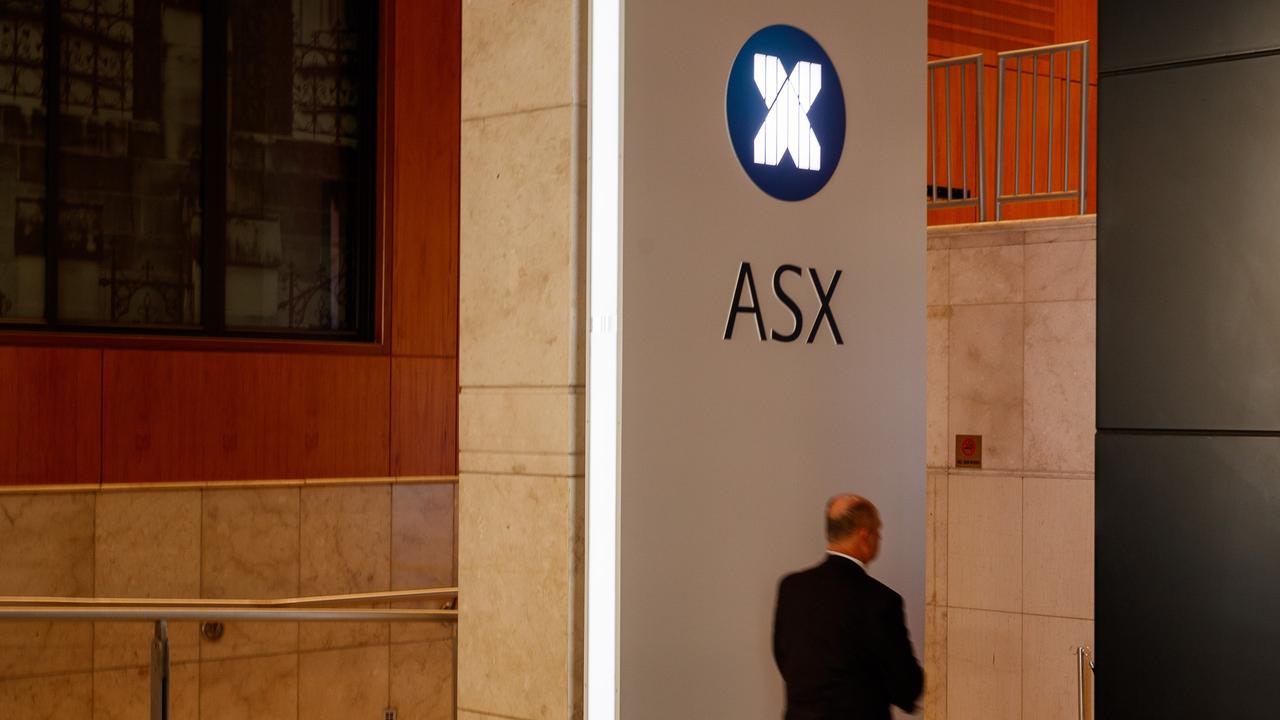The Business Council was ‘blindsided’ by industrial relations and energy decisions
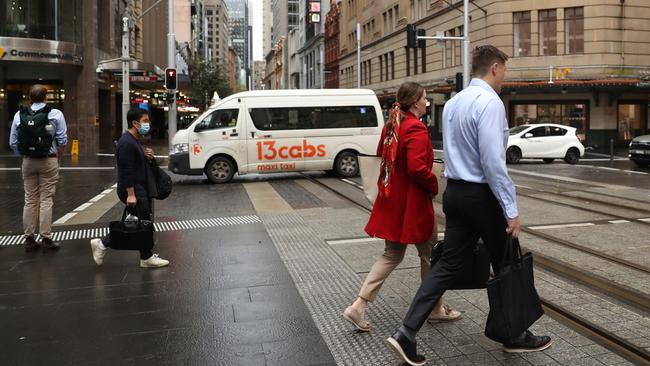
It started so well for business. The new Albanese federal government had a fresh agenda for improved relations in the region, for energy transition and for wages linked to productivity.
Yet two major decisions rushed through parliament with almost no consultation, on multi-employer bargaining and the energy intervention, have been a nasty wake-up call for business.
Business Council of Australia chief executive Jennifer Westacott warns of a risk that further changes to industrial relations and other policies in 2023 may bring unintended consequences for the economy. And that the new energy policies will only see prices rise over time.
“We need that good faith and that goodwill that the government started with to continue,” she says.
Westacott laments the latest rhetoric on big gas in the energy debate.
“This kind of demonising companies when you have a very complex set of issues to solve for is very unhelpful. Let’s not go back to demonising companies,” she says.
The BCA chief played a central role in making the “better off overall” test more workable for companies but like the rest of business she was caught off guard by the bulldozing return of multi-employer bargaining.
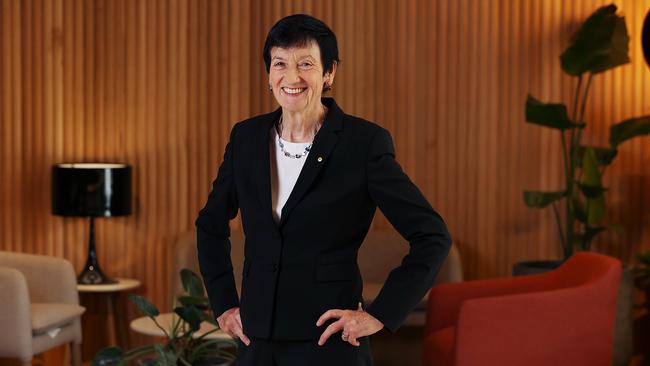
“Even if you disagree, good process matters – bad process has bad consequences. So we are asking government respectfully to try and re-engage again on process because it matters enormously to get things right,” she says.
In January Westacott will clock up a dozen years as the strongest voice for big business across the economy. The BCA may represent banks and miners but today it has more members than ever from across the economy, including private equity. “That does put us at the table of what is in the national interest,” she says.
For the BCA, Labor’s election victory brought hope of big resets on migration and skills and international relations, some stability on the net zero policy framework, progress on IR and importantly, ongoing dialogue with the government.
Westacott says the government hit the ground running, with the Prime Minister going to Indonesia with a business delegation that sent a strong message on the role of business in Australia’s prosperity. She welcomes re-engagement with the Pacific, India and China after Foreign Minister Penny Wong’s recent visit.
Westacott also praises the early work in setting up Jobs and Skills Australia and efforts to attack the backlog of visa applications on immigration.
“Every time I spoke with a CEO, their biggest issue was ‘I can’t get the people and I’m not tendering for work until I can staff up the jobs’.”
Here she says there was no battle of ideologies. “Government could see that that just had to be done and we had to get people in the country working.”
The BCA chief says Labor’s high-profile Jobs and Skills Summit actually made good progress. It agreed on an increased migration target, women’s economic participation became front and centre and the importance of the productivity-wages link – which has been contested by the ACTU before the summit – was accepted.
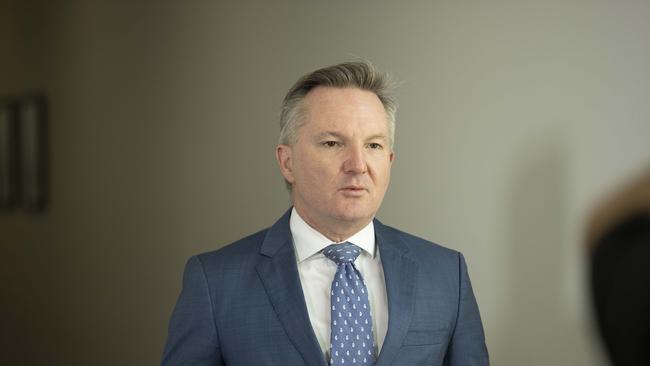
“Obviously the flash point was IR,” she says. “We went into the summit very clearly stating that we did not support multi-employer bargaining. We have huge concerns about how it will play out.”
For Westacott the blow must have been particularly galling. She had negotiated long and hard in good faith with ACTU leader Sally McManus, eventually securing welcome changes to the better-off-overall test for companies in their enterprise bargaining.
But the government extracted a high price in return. Within three months of the summit, new multi-enterprise bargaining legislation was unashamedly flying in the face of the broad acceptance that productivity and wage increases are inextricably linked.
“I think that’s spot on. This goes against what the summit agreed to, which is that you need to drive innovation. Productivity happens at a firm level, at a workplace level,” Westacott says.
“Take advanced manufacturing: what someone does in food production or additive printing, in advanced electronics, component parts for defence equipment, are fundamentally different things. And if they all get labelled with advanced manufacturing that suddenly enters into multi-employer bargaining, my anxiety is you lock in old industry structures.”
Westacott frequently talks of the need to be clear about what problem we are trying to fix. And of the unintended consequences now creeping into the system that will slow wage increases and create complexity that will be hard for many organisations to navigate.
On the energy front Jennifer Westacott gives the government a tick for endorsing the “safeguard mechanism” to keep large carbon emitters in check. The devil will be in the detail, but Energy Minister Chris Bowen has set up a good engagement process.
But recent intervention in the gas market has seriously tested business confidence in the government’s agenda.
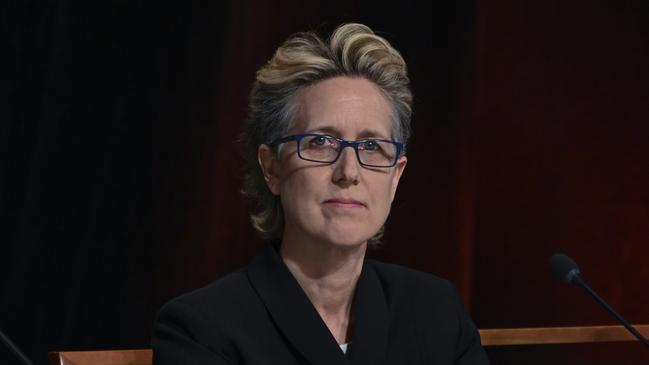
Within weeks of a heads of agreement made with the major gas players, the government again rushed through new changes: a 12-month price cap on wholesale gas and ongoing regulation of prices thereafter.
Westacott acknowledges the government inherited a structural problem in energy, exacerbated by the Ukraine war. But she says the intervention is no solution. “I think the response will be short-term in terms of its benefits and the long-term consequences of deterring investment will actually see prices rise over time,” she says.
The government has also decided to exclude gas from the “capacity mechanism”, under which firm power generators would be paid to have capacity on standby for an increasingly unstable electricity grid.
“I’m not sure what it is we are firming, and that needs to be tested. What are the assumptions of that?” asks the BCA chief.
She is yet to see any modelling, including the government’s own, which does not include gas as part of the long-run plan for energy transition.
“Surely the lesson out of Europe is don’t get rid of things until the substitutes are in place, because you just create price and demand volatility,” she says. “This is picking on an energy source for philosophical reasons. The main game is to get to net zero.”
Jumping out of The Australian’s annual CEO Survey was alarm at multi-employer bargaining and then energy intervention. In the last month, Victorian Labor has swung to the political left, increasing the influence of anti-fossil fuel voices.
So having shifted dramatically first on industrial relations, then on energy policy, will the government rethink skilled immigration as well?
“I don’t see that one as a risk area,” says Westacott. “Minister Clare O’Neill has got a pretty sophisticated understanding of the role of migration in productivity. She talks in that language. She has been careful to set a process in train and put good people on to that process. And both she and the PM have had a very balanced take on migration.”
So far Westacott is also comfortable with Environment Minister Tanya Plibersek’s reforms creating a new Environment Protection Agency in response to the Graeme Samuel review. Engagement has been good.
Where she does see risk, however, is in the next wave of industrial relations reform.
“The wages theft issue, the same job, same pay issue – these are the things taken to the election that have not been dealt with,” she says. “To be fair, the government has said ‘we need to do a fair bit of thinking’. We will be watching it extremely closely and we hope the consultation is better this time.”


